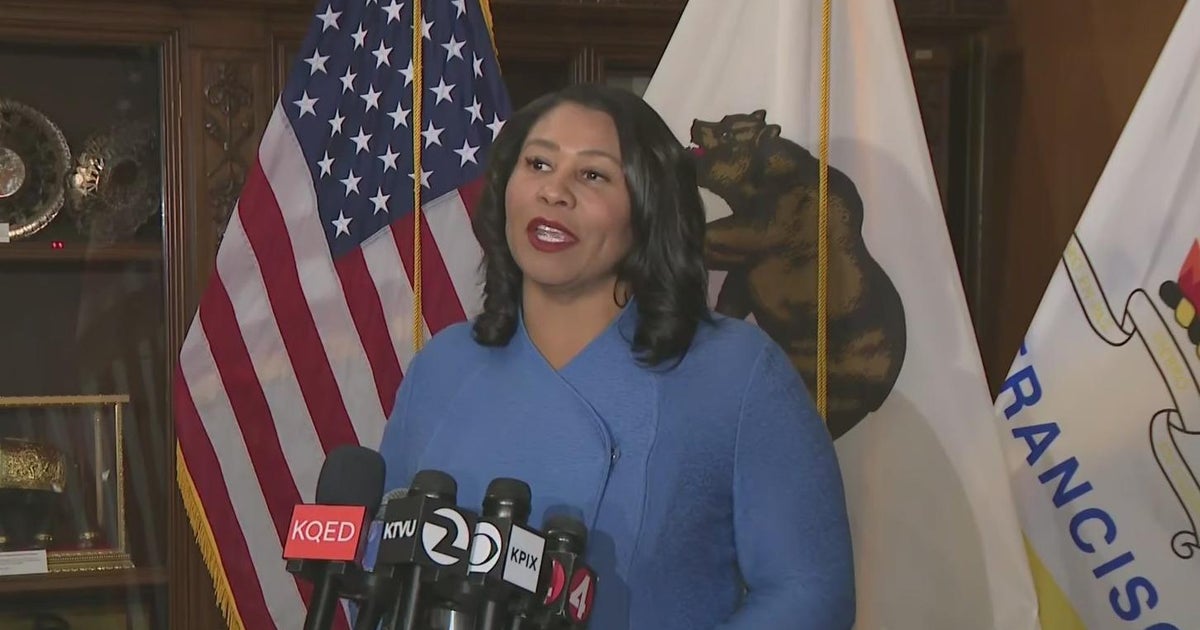McKesson To Pay $150M For Failure To Report Suspicious Orders of Opioids
SAN FRANCISCO (CBS SF/AP) -- The San Francisco-based pharmaceutical company McKesson Corp. has agreed to pay $150 million to settle allegations that the drug wholesaler failed to detect and report pharmacies' suspicious orders of prescription pain pills, according to federal prosecutors.
The U.S. Justice Department and the U.S. attorney for West Virginia's northern district announced the settlement Tuesday. The record settlement comes after allegations that the company violated the Controlled Substances Act.
The settlement commits McKesson to a multi-year suspension of sales of controlled substances from distribution centers in Colorado, Ohio, Michigan and Florida. It also imposes new and enhanced compliance requirements on McKesson's distribution system.
The government alleged that McKesson failed to design and implement an effective system for detecting and reporting suspicious orders for controlled substances.
ALSO READ: West Virginia Is Suing McKesson Corporation For Incentivizing Opioid Sales
In a statement Tuesday, Chairman and CEO John H. Hammergren said McKesson is "committed to tackling this multi-faceted problem in collaboration with all parties in the (prescription drug) supply chain."
The settlement also stipulates that McKesson is now required to engage an independent monitor to assess its compliance with the Controlled Substances Act.
This isn't the first time the government has gone after the Bay Area pharmaceutical company regarding its opioid distribution.
In 2008, the DEA and six U.S. states sued McKesson for supplying hundreds of suspicious hydrocodone orders to rogue pharmacies. The company agreed to pay a $13.25 million civil penalty.
The U.S. Justice Department alleges that from 2008 to 2013, McKesson supplied U.S. pharmacies with "an increasing amount of oxycodone and hydrocodone pills, frequently misused products that are part of the current opioid epidemic."
In 2016, West Virginia sued McKesson, alleging the company incentivized opioid sales.
That 2016 lawsuit alleges that "while West Virginia was drowning in painkillers, McKesson continued to incentivize sales...with bonuses for the sale of oxycodone and hydrocodone."
West Virginia, one of the states hit hardest by the opioid epidemic, has also sued five other pharmaceutical companies that distribute painkillers.
TM and © Copyright 2017 CBS Radio Inc. and its relevant subsidiaries. CBS RADIO and EYE Logo TM and Copyright 2017 CBS Broadcasting Inc. Used under license. All Rights Reserved. This material may not be published, broadcast, rewritten. The Associated Press contributed to this report.



